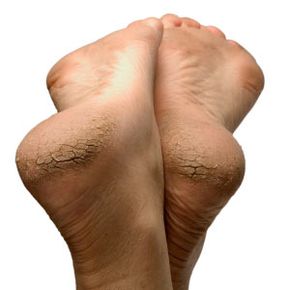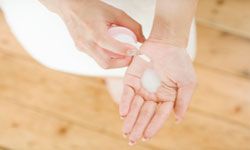Maybe you've had a day when you step out of the shower and feel like your skin has shrunk. Or maybe you've had a night when you can hardly sleep because your skin is so itchy and painful. Dry skin is the culprit in both of these scenarios -- it's a common problem, and understanding why it happens could save you a lot of irritation.
Our skin is our largest organ and our first line of defense against bacteria, pollution and other irritants, so it's important to keep it healthy. Skin is supposed to be soft and supple, but it's easy for skin to dry out and become rough, cracked and itchy. Dry skin is caused by a variety of factors: how you shower, the soap you use, how you heat and cool your home, the clothes you wear and the climate you live in [source: Griffin]. There are so many causes of dry skin that it may seem impossible to avoid, but it can be done.
Advertisement
Dry skin can typically be prevented, but it's also easy to treat if your skin is already dry and cracked. You may be able to solve the problem by simply using a moisturizer, but if you're using one and not getting the desired results, you may need to try a different moisturizer [source: American Academy of Dermatology]. There are also certain medical conditions that cause dry skin, and while these are more difficult to treat, they're also quite rare -- most cases of dry skin are caused by controllable factors.
If you're tired of your dry skin, keep reading to discover how it may be getting robbed of its moisture.
Advertisement


